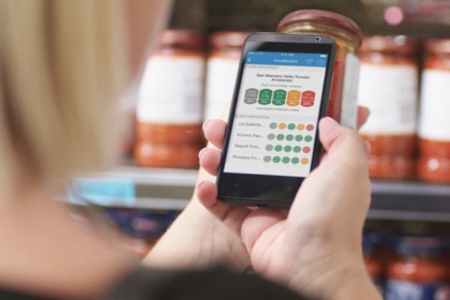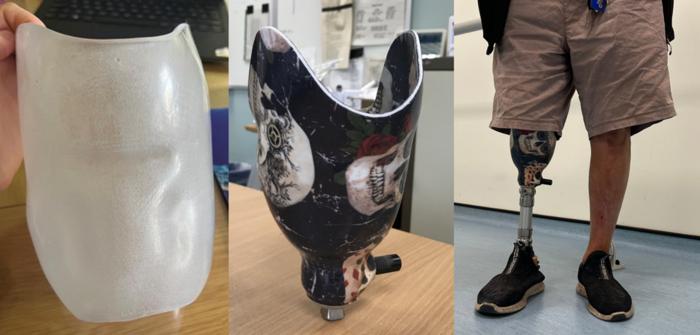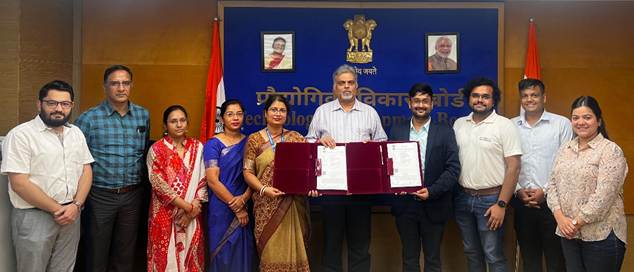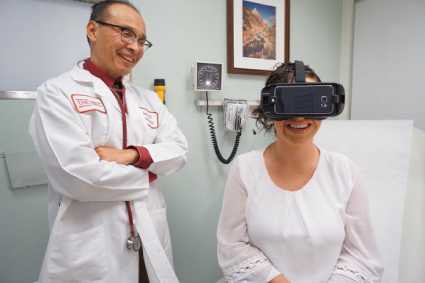Procrastination, sleep deprivation, and reduced focus are some of the hidden costs we pay for using free mobile apps, according to researchers at Linköping University and RISE. They investigated the less obvious impacts of these apps and offered recommendations for decision-makers based on their findings.
Many people are aware that their digital attention is valuable to companies like Google and Facebook. By analyzing users’ behavior, these companies tailor ads directly to individuals, turning attention into a product sold to advertisers. For instance, YouTube’s three billion monthly users contribute to around €30 billion in revenue, mainly from services that are perceived as free.
While mobile apps may not charge users to download or install them, the researchers from LiU and RISE argue that there are additional hidden costs beyond the collection of personal data. Procrastination emerged as the most significant cost, but sleep deprivation, reduced focus, and time lost from personal activities like socializing, hobbies, and exercise also play a role. These effects may not be immediately obvious to users.
This phenomenon, known as the zero-price economy, occurs when companies provide services in exchange for users’ data and attention, with no direct monetary transaction. In traditional economics, the cost to the individual is tied to value for the company, but in the zero-price economy, this relationship is less clear.
The researchers interviewed people in Linköping, focusing on those around the university campus and the science park. While this group may not represent the entire population, the findings still offer insight into how users perceive hidden costs and the value of their personal data. This is one of the first studies to explore users’ attitudes toward the zero-price economy.
The study showed that many users highly value privacy and transparency. Additionally, the participants expressed a preference for one-time purchases of their favorite apps to protect their privacy, rather than using free services that collect personal data.
The researchers suggest that companies should be more transparent about these hidden costs, and they urge policymakers to enforce stricter requirements for disclosing them. Many apps are designed to foster dependence, particularly affecting children and young people. The researchers propose stricter regulations for certain apps and clearer warnings, similar to the health warnings on cigarette packets, to help users make more informed decisions.
Despite the hidden costs, Martin Mileros, a PhD student at Linköping University and researcher at RISE, acknowledges that free apps still offer significant benefits. Users can easily access information, chat with others, and switch apps if dissatisfied, creating a situation where both companies and users can benefit. However, it’s important not to overlook the negative aspects of app usage.
- Press release – Linköping University







